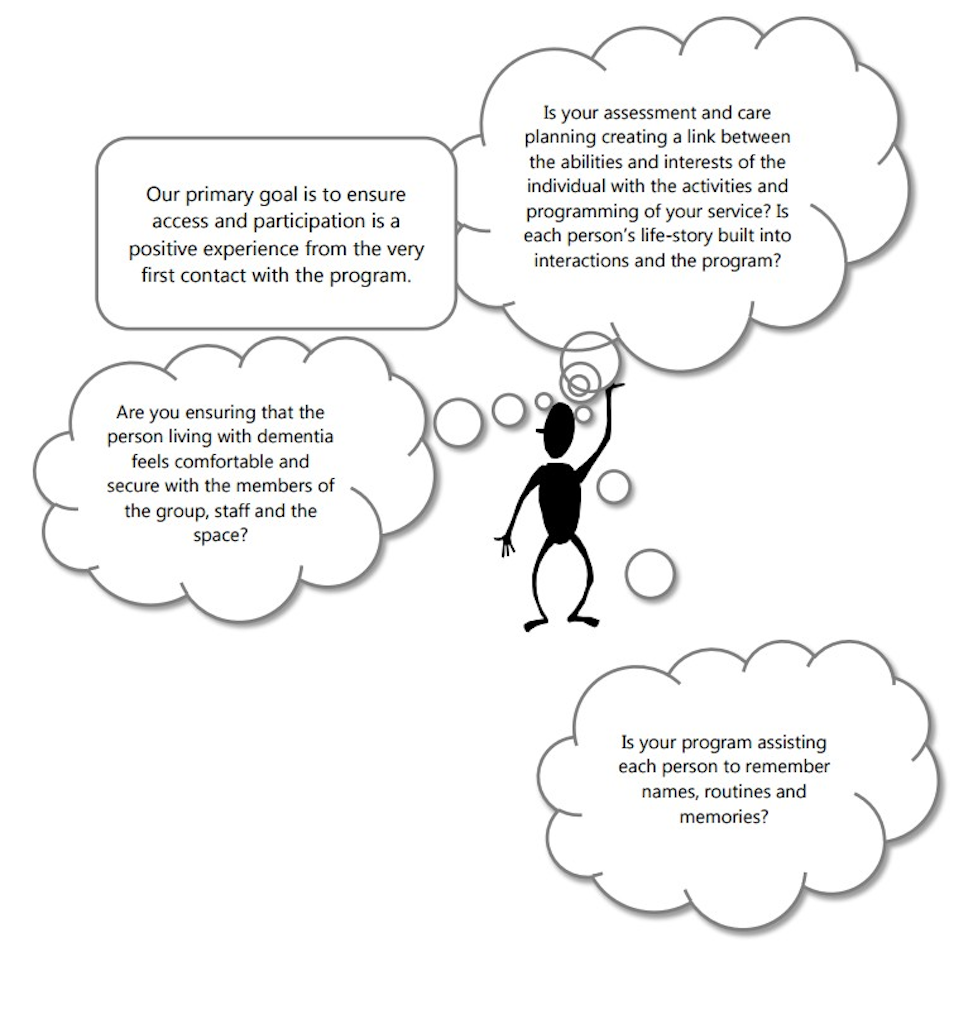‘Dementia friendly’ checklist to offer social support
A checklist which is designed to ensure people living with dementia can experience social support programs that reduce the effects of dementia and increase opportunities for meaningful participation has been launched.
Aged care provider, Uniting AgeWell, welcomed 190 keen participants to the first state wide forum for Planned Activity Groups (PAG) in Geelong recently.
The Dementia-Friendly Social Support Checklist was launched at the forum and is the culmination of a two year joint project between Uniting AgeWell and Barwon South West Department of Health and Human Services.
Living with dementia can be challenging at home and in other familiar environments. Participation in group activities, in unfamiliar surroundings with new people, can add to the person’s disorientation, confusion and stress.
Dementia friendly environments support the person’s abilities by providing; memory prompts, sensual cues, space to move around and quiet areas as well as supporting orientation.
The checklist is designed to assist social support groups to create more dementia friendly environments and offer more effective programs.

Social support programs support people’s ability to remain living in the community by providing a range of enjoyable and meaningful activity, cognitive stimulation, good nutrition, emotional well being and social inclusion. The principles and advice on sound practice in the checklist can be adapted for any type of program in any settingeven when visiting other locations.
The checklist can be used by any social support program.
Teresa Roberts, team leader at Western Region Uniting AgeWell, who managed the project, says: “The checklist was developed by comparing a wide range of best practices, not only programing but also the social and physical environments of social support programs.”
Ms Roberts adds that the checklist assists social support groups to identify areas for improvement that support clients with dementia, their carers and staff and increase opportunities for meaningful participation.
“We are making it freely available to encourage its use by many groups in many environments. It is a very practical tool so I think it will be widely taken up,” she says.
Access the The Dementia-Friendly Social Support Checklist.










